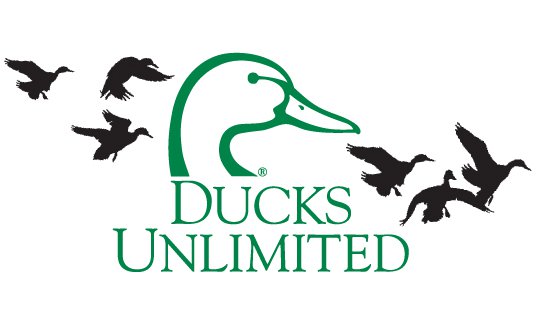Steve Adair Is The Worst Thing To Happen To Conservation In North Dakota, But He Has A Point

If you want to spend millions upon millions of dollars on two unsuccessful conservation ballot measures – one derailed by petition fraud, the other derailed by 79 percent of the voters – while simultaneously alienating most of the people in the state where you operate, then Steve Adair is your man.
The Bismarck-based director for Ducks Unlimited accomplished exactly those things in the 2012 and 2014 election cycles. The 2012 cycle ended for Adair and his fellow activists with a group of paid petition gathers – mostly NDSU football players – getting charged in court for forging tens of thousands of signatures. Yet, some how Adair managed to end the 2014 cycle in even worse shape, with millions spent on getting just 21 percent of the voting public to support Measure 5.
That colossal failure has resulted in some political blowback in 2015. Rep. Kevin Cramer is looking into Ducks Unlimited’s partnership with federal conservation officials. The state’s existing conservation slush fund – the Outdoor Heritage Fund passed by lawmakers as an attempt to placate conservation activists in 2012 – was denied a funding increase proposed by Governor Jack Dalrymple.
[mks_pullquote align=”right” width=”300″ size=”24″ bg_color=”#000000″ txt_color=”#ffffff”]Adair and his group’s greed and ham-handed attempts at ballot measure politics have, deservedly, bred hostility and contempt for his group and others. I wrote before the 2015 legislative session began that Adair and his group would probably be about as popular in Bismarck as the ebola virus, and I think that’s proven true.[/mks_pullquote]
Now Ducks Unlimited and Pheasants Forever, their partner-in-crime for the Measure 5 campaign, may lose their guaranteed seats on the advisory board overseeing the Outdoor Heritage Fund.
Rep. Mike Nathe (R-Bismarck) has proposed an amendment to the fund reauthorization that would turn two of the seats on the board guaranteed to the groups into at-large seats. The groups could still fill them, of course, but they wouldn’t be guaranteed.
Nathe has told Forum reporter Mike Nowatzki that the amendment was motivated by a desire to be fair to other conservation groups who might want to serve on the board, but you’ll notice that the agriculture and energy industry groups named in the statute aren’t losing their guaranteed seats.
“We do feel a little singled out here,” Adair told Nowatzki.
Adair should feel that way, because he is being singled out, and it’s his own fault. Adair and his group’s greed and ham-handed attempts at ballot measure politics have, deservedly, bred hostility and contempt for his group and others. I wrote before the 2015 legislative session began that Adair and his group would probably be about as popular in Bismarck as the ebola virus, and I think that’s proven true. Adair hasn’t even bothered to register as a lobbyist this session.
All that being said, I kind of think he has a point about Nathe’s amendment, though not the one he thinks he’s making.
We shouldn’t be giving special interest groups most favored status by naming them in statute to positions from which they can influence policy and spending (I have this same concern with the new federal environmental law/regulation review committee lawmakers created).
Ducks Unlimited shouldn’t be named to the Outdoor Heritage fund in statute, nor should any group.
In fact, the Outdoor Heritage Fund shouldn’t even exist. It’s nothing more than a continuing appropriation for a certain type of political activism. In any given biennium it replaces debate over what sort of conservation spending should happen with the assumption that the spending will happen as soon as the special interests named in statute decide what the money will be spent on.
That’s a poor way to care for taxpayer dollars.
I can understand why Adair is butthurt. He feels his group is being singled out, and that’s wrong. But the solution should be an end to the Outdoor Heritage Fund and a return to regular appropriations for conservation when our elected lawmakers deem it is appropriate.




